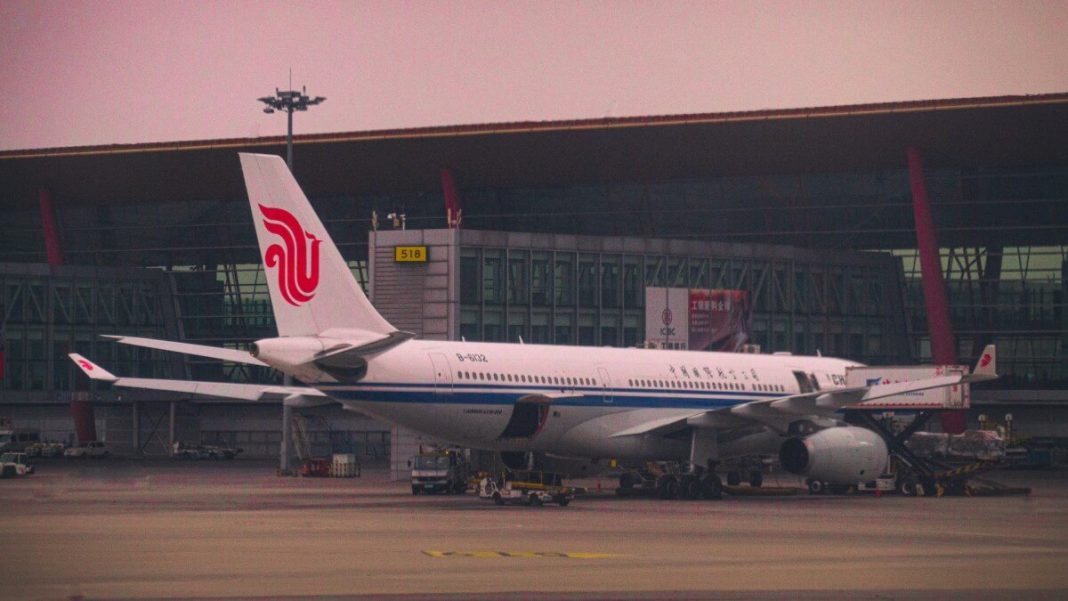The Ministry of Foreign Affairs of China has recently emphasised the positive impact that the country is experiencing with its latest visa-free travel policy.
According to local media, immigration data revealed that within the first three days of the month, about 7,000 of the nearly 18,000 travelers from France, Germany, Italy, the Netherlands, Spain and Malaysia entered China under visa waivers, VisaGuide.World reports.
The policy, effective from December 1, covers several European Union countries and Malaysia. Spokesman Wang Wenbin reported an average daily increase of 39 percent in the number of tourists from these countries during the first three days of December compared to the last day of November.
The second-largest economy has opened its doors without visas for citizens from these nations engaging in activities such as business, tourism, visiting family and friends, or transiting for up to 15 days.
During a press conference, spokesman Wenbin stated that the Ministry remains committed to further adjusting visa policies to improve conditions for cross-border travel.
Following the onset of the COVID-19 outbreak, China temporarily halted visa-free entry for Brunei, Japan, and Singapore citizens. While visa-free entry was reinstated for Brunei and Singapore in July, the same privilege was not extended to Japan.
During this period, Chinese authorities announced the restoration of visa-free entry for citizens of Singapore and Brunei, allowing them easier access to the country. In addition, a 15-day visa-free entry option was resumed for individuals from these two nations, promoting smoother travel.
In the first half of this year, China experienced 8.4 million foreign inflows and outflows, significantly contrasting to the 977 million recorded in 2019—the last year before the pandemic.
Last month, China also signed a visa-free travel agreement with Kazakhstan, officially taking effect on November 10. Initially signed in May of the same year, the deal enables citizens from both countries to travel to each other’s territories for tourism, business, or medical treatment without needing an initial visa application.
Moreover, China’s travel and tourism sector is expected to make a significant economic contribution of 1.48 trillion yuan to the national economy by the end of 2023. This projection represents an impressive increase of over 150 percent compared to last year’s figure, where the sector’s contribution was $583 billion. The growth in the industry underscores the country’s efforts to strengthen tourism and its positive impact on the overall economic landscape.
